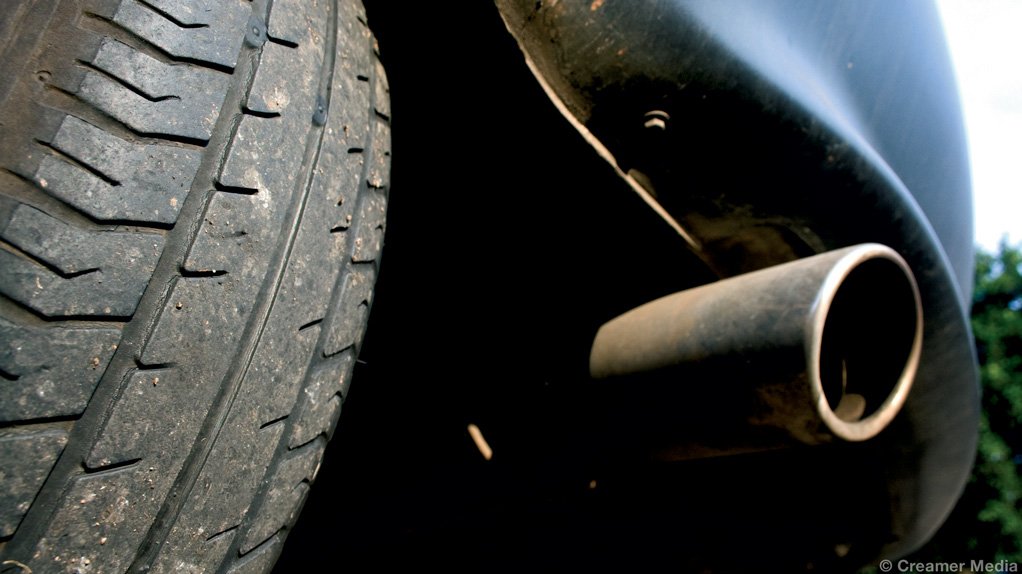The R40-billion in costs required for South Africa’s refineries to produce cleaner petrol and diesel by 2017 would have to be passed on to the motorist, said South African Petroleum Industry Association (Sapia) executive director Fani Tshifularo on Wednesday.
Speaking at the Fuel Dealers Conference, held at Automechanika 2013 in Johannesburg, he said that as Sapia’s refinery owners were unable to foot the bill, government had to make sure that the “costs were recovered through the price structure”. Unfortunately, this meant “passing on the costs to the motorist”.
Government had set 2017 for the introduction to South Africa of cleaner fuels with, for example, lower sulphur content. This fuel would allow the introduction of new vehicle engine technology in South Africa, using less fuel and producing less harmful emissions.
Tshifularo said Sapia’s approach had “always been clear”, with local refineries requiring “100% support” in the production of cleaner fuels.
The main reason for this was that fuel prices were regulated by government.
“If we were deregulated and we priced as we wished then we would not have this conversation about support mechanisms”.
Tshifularo noted that the same conversation around government support had not occured in Europe as that continent introduced cleaner fuel standards. Refinery owners could simply decide whether they wanted to pay for the refinery upgrades, or move refining capacity to another country.
He noted that Sapia was, however, “encouraged” by the Budget speech earlier this year, which spoke of a support mechanism for biofuel production and refinery upgrades.
However, the question remained as to the value of this support mechanism and when it would be implemented.
Tshifularo said Sapia was currently locked in talks with the Department of Energy and National Treasury, and was hopeful that some clarity would emerge by the end of May, with resolutions in place in “two, three months’ time”.
Apart from the funding mechanism, there was also “the burning issue of manganese in petrol”, which some role-players wanted eliminated, noted Tshifularo, even if it was still allowed in the 2017 specifications.
While industry role-players were “pretty much aligned” on diesel fuel specifications, some “serious work” still needed to be done on the petrol specifications; much of this related to manganese content.
“As it stands today,” said Tshifularo, “a number of refineries would not meet the 2017 deadline” – which could see “several years” being added to the introduction of cleaner fuels in South Africa.
EMAIL THIS ARTICLE SAVE THIS ARTICLE
To subscribe email subscriptions@creamermedia.co.za or click here
To advertise email advertising@creamermedia.co.za or click here











